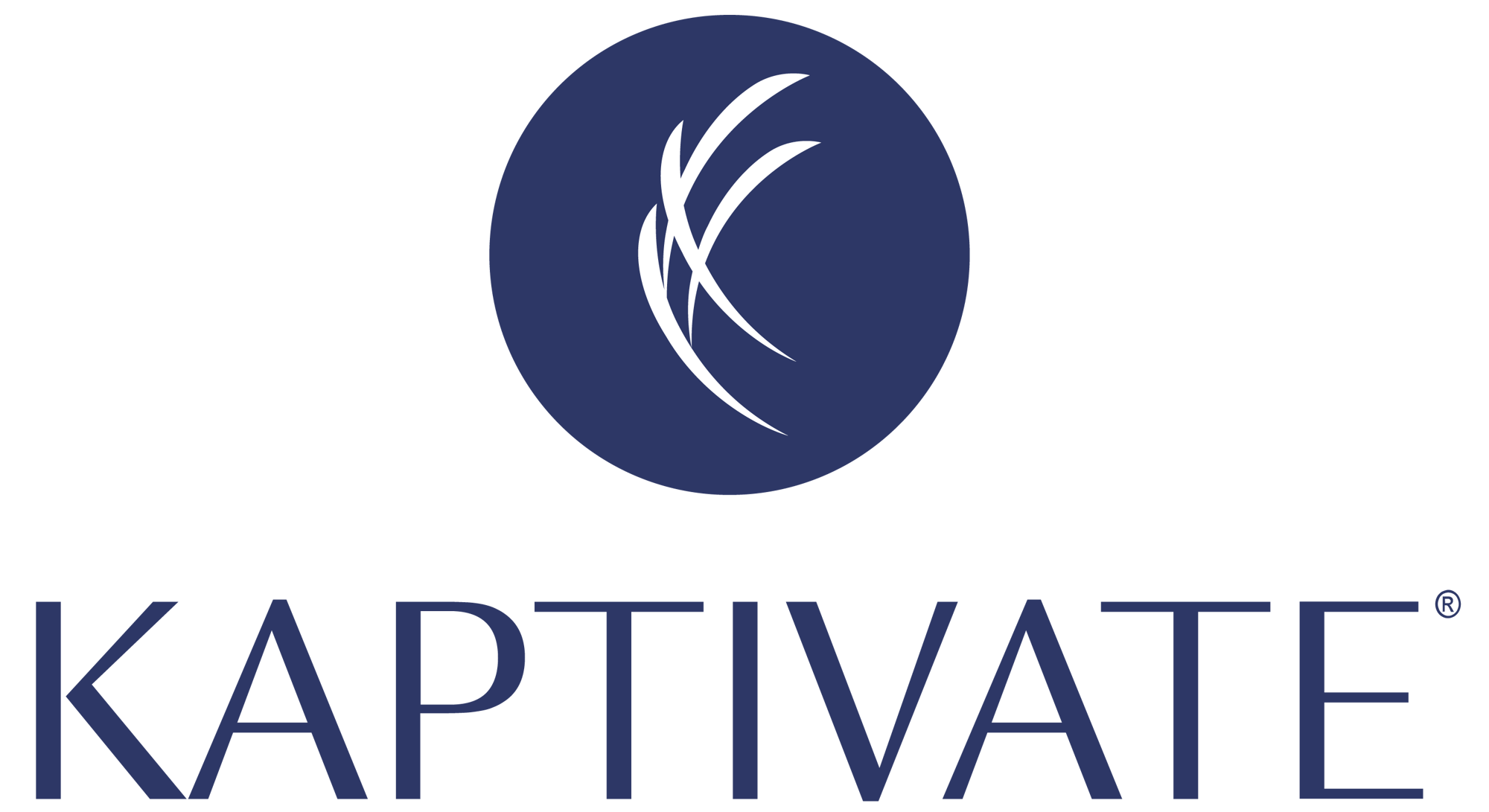AI & Workforce Impact
Post Event Recap
Thank you to everyone who joined our AI & Workforce Impact Summit on August 7, 2025. Here’s what we learned, discussed, and where we go from here.
Opening Remarks
Ron Vassallo, CEO, Kaptivate LLC
Keynote Speaker
Terry L. Clower, Ph.D. Director, Center for Regional Analysis Northern Virginia Chair and Professor of Public Policy Schar School of Policy & GovernmentGeorge Mason University
About the Summit
On August 7th 2025, cross-sector leaders in workforce development, social impact, and higher education convened for the AI & Workforce Impact Summit to discuss the regional economic transformation, AI’s role in driving this change, and the readiness of the local workforce to navigate the storm. The Summit explored how industry leaders can help better prepare the workforce by supporting the integration of AI skills while avoiding economic exclusion and job displacement.
Discussions centered on two key questions:
1) How can AI be harnessed both as an economic accelerator and job enabler?
2) What role might the social impact community play in driving initiatives that support an inclusive, future-ready workforce?
Dr. Terry Clower, Director of George Mason University's Center for Regional Analysis, identified the need for a cultural shift from compliance to innovation among the many displaced federal workers. Other participants noted a regional need to introduce large-scale upskilling and reskilling, to help both displaced and young professionals acquire the emerging skills and competencies made relevant by AI ascent. In today’s environment, participants agreed that creativity, agility, and continuous learning are the most valuable skills for the future, now surpassing STEM as a key hiring differentiator. The DC Metro region alone has as many as 350,000 jobs that could be at risk from AI-driven disruption and 7.7 billion dollars worth of labor income on the line. The room broadly agreed that now is the time to ensure no one is left behind in the shift to an AI-driven economy.
Key Takeaways
Risks & Barriers
Summit participants identified significant risks tied to AI integration and various barriers for transitioning the workforce including:
- Cultural Barriers: Federal and other traditional sectors often operate with a compliance-first mindset, making it harder to embrace innovation and risk-taking.
- Underused Training Pathways: Federal retraining programs typically only become available after unemployment, limiting proactive reskilling.
- Educational Gaps: Curricula are slow to adapt, with STEM skills now baseline and creativity, critical thinking, and prompt engineering emerging as higher-value competencies.
Strategies
Participants identified a range of strategies to address these risks including:
- Proactive Upskilling and Reskilling: Integrate AI literacy, creativity, and adaptability into workforce training, with programs accessible before displacement occurs.
- Shift from Compliance to Innovation: Foster workplace cultures that reward experimentation and calculated risk-taking, especially in government and regulated sectors.
- Strengthen Cross-Sector Partnerships: Build regional collaboratives that unite employers, educators, policymakers, and social impact leaders across Maryland, Virginia, and DC.
- Create an AI Workforce Playbook: Compile best practices, case studies, and clear pathways for transitioning into AI-enabled roles.
- Early Career Exposure: Introduce AI concepts, resilient (aka entrepreneurial) skills, and career pathways in K–12 education to prepare future generations for jobs that do not yet exist.
- Flexible Education Models: Expand apprenticeships, micro-credentials, and alternative certifications as faster, lower-cost pathways into in-demand careers.
Resources
- Burning Glass - No Country for Young Grads
- NYT - A.I., the Electricians and the Boom Towns of Central Washington
- AEI - AI and the Future of Work Looks Bright
- ‘Winning The AI Race’ Is Not About Outpacing. It’s About Outlasting
- AI & Entry Level Employment: Emerging Crisis or Growing Pains
- The Expertise Upheaval: How GenAI Will Reshape the Workforce
- PwC 2025 Global AI Jobs Barometer
- The augmented workforce for an automated, AI-driven world | IBM
- Reimagine human potential in the gen AI era | IBM
- Remaining Focused and Purpose Led During Uncertainty: A Reflection Guide for Funders - FSG
- CEOs Are Shrinking Their Workforces—and They Couldn’t Be Prouder - WSJ
- Free Courses with Online Certificates | HP LIFE
in the AI & Workforce Impact Event Series...
Be in touch to learn more.
About Kaptivate
Kaptivate helps organizations give voice to their vision of the future. We also help organizations act on it. That includes:
- Helping social impact leaders make the internal argument for why this issue should be part of your core social impact agenda.
- Crafting data narratives that bring national stakes into a regional focus.
- Launching prize competitions that mobilize innovation and investment in scalable solutions.
- And building lasting communities of action to partner, test, and implement real solutions.










